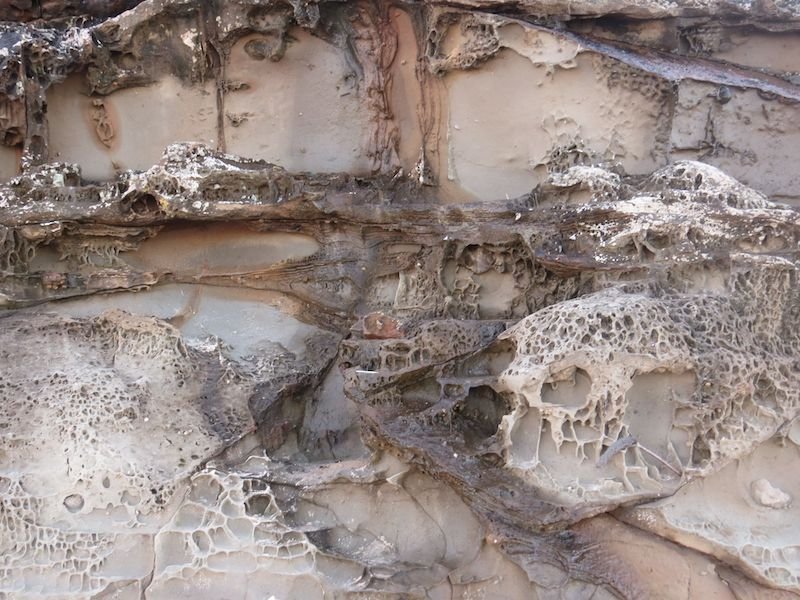Writing From the Inside Out 2024 Week 35 Prompts
based on Zbigniew Herbert’s, Pebble.
If you wish to attend the read around (t’s free, fun, a great way to share, and reading a poem is optional). Note: If you registered already, you do not need to register again, simply use the link sent to you in your confirmation email. Register Here:
Next Read-Around is 8/29/2024 at 5:00 PM PST
How It Works:
Read the poem
Do your own reflection on it, noting what it inspires in you
Feel free to use your own reflection as your prompt or…
Use the selection of prompts below
Pick one that inspires you and write (feel free to use only one or write several poems using different prompts) or…
Don’t use any of the provided prompts and follow your inspiration from wherever it comes
My Thoughts
Animism, the spiritual practice of indigenous cultures, perceives all things—animals, plants, rocks, rivers, weather systems, human handiwork, and in some cases words—as being animated, having agency and free will. Western materialistic science dismisses the idea as primitive superstition, objectifying the world and stripping away our potential intimacy with things and with the world that large. Although it is now common for people to talk to invisible things, there is still a sense of childishness if we imbue inanimate things with personality and spirit. Poetry, however, gives permission to break the rules of western logic and enter the old world where spirit is everywhere around us and we are in constant conversation with life. Zeigniew Herbert does this in his poem, Pebble, giving a pebble a personality and a presence that can teach us another way of being, inspire us with its cold ardor, and grant us an untamed view of ourselves with its calm and clear eye. What state of mind or emotional tone naturally arises when you look at the world with a calm and clear eye? How does the world then appear to you? And vice versa: what state of mind or emotional tone arises in you if, or when, you are seen a with calm and clear eye?
Pebble
The pebble
is a perfect creature
Equal to itself
mindful of its limits
filled exactly
with a pebbly meaning.
With a scent which does not remind one of anything
does not frighten anything away does not arouse desire.
Its ardor and coldness
are just and full of dignity.
I feel a heavy remorse
when I hold it in my hand
and its noble body
is permeated by false warmth.
—Pebbles cannot be tamed
to the end they will look at us
with a calm and very clear eye.
—Zbigniew Herbert
https://www.poetryfoundation.org/poets/zbigniew-herbert
Translated by Czeslaw Milosz and Peter Dale Scott
Prompt Ideas
Go find a pebble or stone that catches your attention and use your specific pebble as your prompt
Pick any object in the world around you and journal or write a persona poem either speaking from the position of the object or on behalf of the object.
What kind of thing would you consider a “perfect creature?” You can use the opening line of Herbert’s poem: XXX is a perfect creature… and free write from there.
Herbert descibes the pebble as “mindful of its limits.” Journal or write a poem about being mindful of your limits or for your chosen obect to bemindful of its limits. What are those limits? How do you (or the object) stay mindful of them?
The narrator describes the nuetrality of the pebble with a degree of reverence. What happens when you bring a sense of reverence to what you encounter in the world? Journal or write a poem of reverence for something.
Journal or write a poem about taming. What have you tamed? What has tamed you? What in you remains untamed? How do you relate to what is wild and unruly (in you or in someone or something else,or in the world)?
Journal or write a poem aboutlooking at someone or something with a “calm and very clear eye.” Or write what it is like to be seen with a calmand very clear eye.
As usual, write about anything else in the poem or in life that inspires you.
